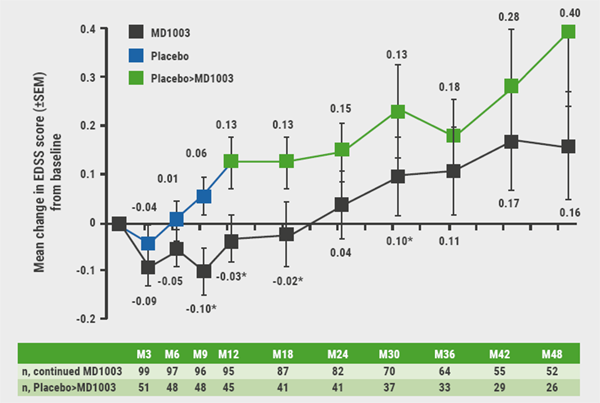The finding that disruption of connectivity in the DMN is most pronounced in those with chronic mild traumatic brain injury (mTBI) "suggests that a more severe disease process occurs in subjects with greater mTBI burden," the study team writes in an abstract presented at the Radiological Society of North America (RSNA) annual meeting.
The DMN is an interconnected network of brain regions involved in wakeful rest and internal thoughts.
In the study, 142 concussion patients (67 female; mean age, 18 years) with a history of clinically diagnosed mTBI and PCS and 27 age- and sex-matched controls without concussion (12 female; mean age, 21) underwent resting-state functional MRI (fMRI).
Compared with controls, there was no difference in DMN connectivity in patients who had suffered one or two concussions. However, DMN connectivity was disrupted in patients who had suffered three to five concussions.
"We're seeing evidence of a two-tier disease. Experiencing several concussions is a very different pathology," Dr. Thomas Johnson of the University of Rochester Medical Center, in New York, said in a conference statement.
This study provides clues as to the threshold at which concussions cause effects, which may aid in developing protocols for playing contact sports after one or more concussions, he noted.
"Suffering three to five concussions has the potential for long-term disruption of cognitive processes," Dr. Johnson said. "We need to determine our tolerance for concussions. When do we say no more contact sports? We need more evidence to set some limits for people."
Looking ahead, Dr. Johnson said it would be interesting to do repeat resting-state fMRI scans on study participants in five years to determine whether disruptions in DMN remain.
"Trying to determine the cognitive impacts of concussion over the long-term is tricky to tease out. Typically, we use standard paper tests. Using fMRI is an advanced mathematical way of looking at the networks in the brain," Dr. Johnson said.
In the meantime, he said resting-state fMRI could serve as a marker of progress and means of monitoring recovery in patients with prolonged PCS after mTBI.
"The current standard for evaluating concussive patients is based on symptoms. I envision this technique being used to help inform and guide the clinical course of patients," Dr. Johnson said.
The study had no specific funding.
SOURCE: https://bit.ly/3DGcBzY Radiological Society of North America, held November 28 - December 2, 2021.
By Reuters Staff
Posted on
Previous Article
« Maintenance olaparib benefits sustained beyond 2 years treatment Next Article
Belzutifan shows benefit in two conditions that spark tumor growth »
« Maintenance olaparib benefits sustained beyond 2 years treatment Next Article
Belzutifan shows benefit in two conditions that spark tumor growth »
Related Articles

September 28, 2020
Immunotherapy tied to improved survival in patients with brain metastases

July 30, 2019
Biotin, ocrelizumab, and ibudilast in progressive MS
© 2024 Medicom Medical Publishers. All rights reserved. Terms and Conditions | Privacy Policy
HEAD OFFICE
Laarderhoogtweg 25
1101 EB Amsterdam
The Netherlands
T: +31 85 4012 560
E: publishers@medicom-publishers.com

